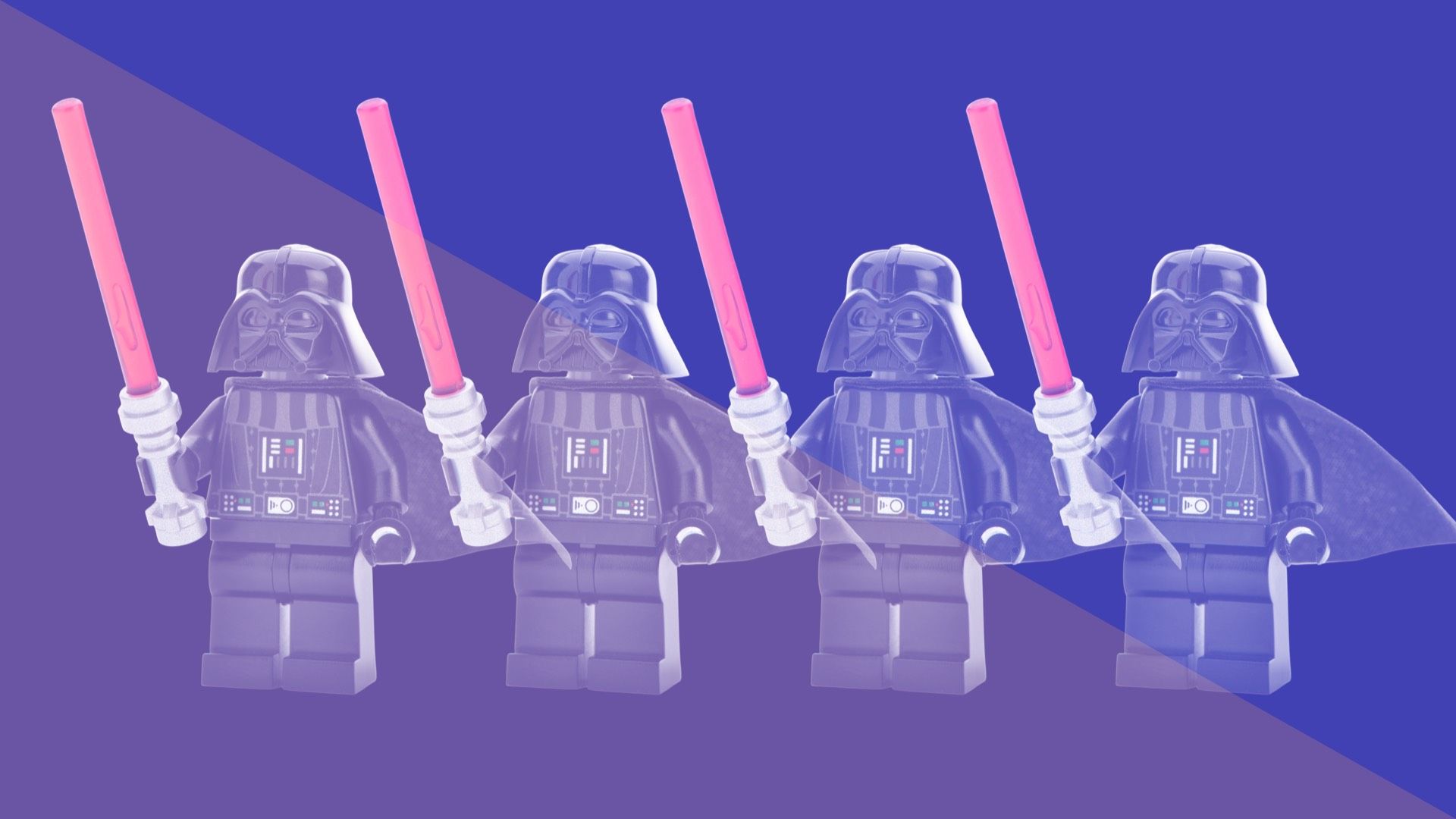The Vader Paradox

The more new content there is, the more likely we are to consume old content. The same is true for ideas and ideologies. The rivalry between Netflix and Disney+ illustrates why.
Economies of scale aren't as valuable in a world of abundance. This is most apparent in media but has consequences for geopolitics and religion.
Consider the case of Netflix. Most analysts predicted that, given its scale advantage, Netflix would build an insurmountable advantage in streaming. That didn't happen. Why?
As Ben Thompson and Eugene Wei point out in their recent podcast: In a world of abundant choice, most content is substitutable. Instead of watching one thing, you can watch another. Very few shows are a "must-watch."
Shows and all other cultural products benefit from network effects. A show becomes more valuable if all your friends and colleagues watch it: Watching it gives you something to talk about, and NOT watching it means being left out of the conversation.
In a fragmented media world, only a handful of shows can reach critical mass and kickstart the type of network effects that make them "must-watch." Ok. So why is that a challenge for Netflix? (What does it mean for other companies, governments, and religions?)
Netflix launched its streaming service in 2007. Disney+ launched in 2019. And yet, Disney+ amassed more than 150m subscribers, closing in on Netflix's 220m. Despite the abundance of content elsewhere, Disney managed to make customers pay for yet another service.
Disney+ is attractive because it has unique content: Star Wars, Spider-Man, and Avengers. These cultural products have the network effects required to "force" customers to watch them. But that's only half of the answer. The other half is the more interesting one.
Disney's most attractive concepts launched before the internet and cable TV. Star Wars, Spider-Man, and Avengers reached critical mass in cinemas and books. In such a world, reaching critical mass was much easier.
It follows that in a world of abundance, one of the best ways to stand out is to recycle ideas that gained critical mass in the pre-internet era. "Riffing" on familiar mainstream concepts is much more likely to yield new hits.
The same dynamic applies to any field in which ideas are important. In the world of politics and geopolitics, the concepts that stand out are likely to be those that recycle old "hits" from the pre-internet era. These hits include religious imagery, antisemitism, and even communism and capitalism.
In other words, old ideas have an advantage in a world of abundant content. This is a paradox: An environment that makes it easier to spread new ideas also makes it more likely for old ideas to gain more prominence.
In the old world of scarcity, a film producer could team up with a powerful distributor and a newspaper magnate to create a new "hit" from scratch. Their relative power enabled them to launch truly new cultural products with a relatively high chance of success. Likewise, a leader with genuinely new ideas could garner the support of one (or a few) media organizations and secure political power.
Today, no one has the power to launch truly new concepts without taking immense risks. It is much safer to recycle and riff on old ideas. The faster we pull away from the past, the stronger its grip.
Is it possible to reach escape velocity? Yes. More on that some other time. Subscribe, so you don't miss it.